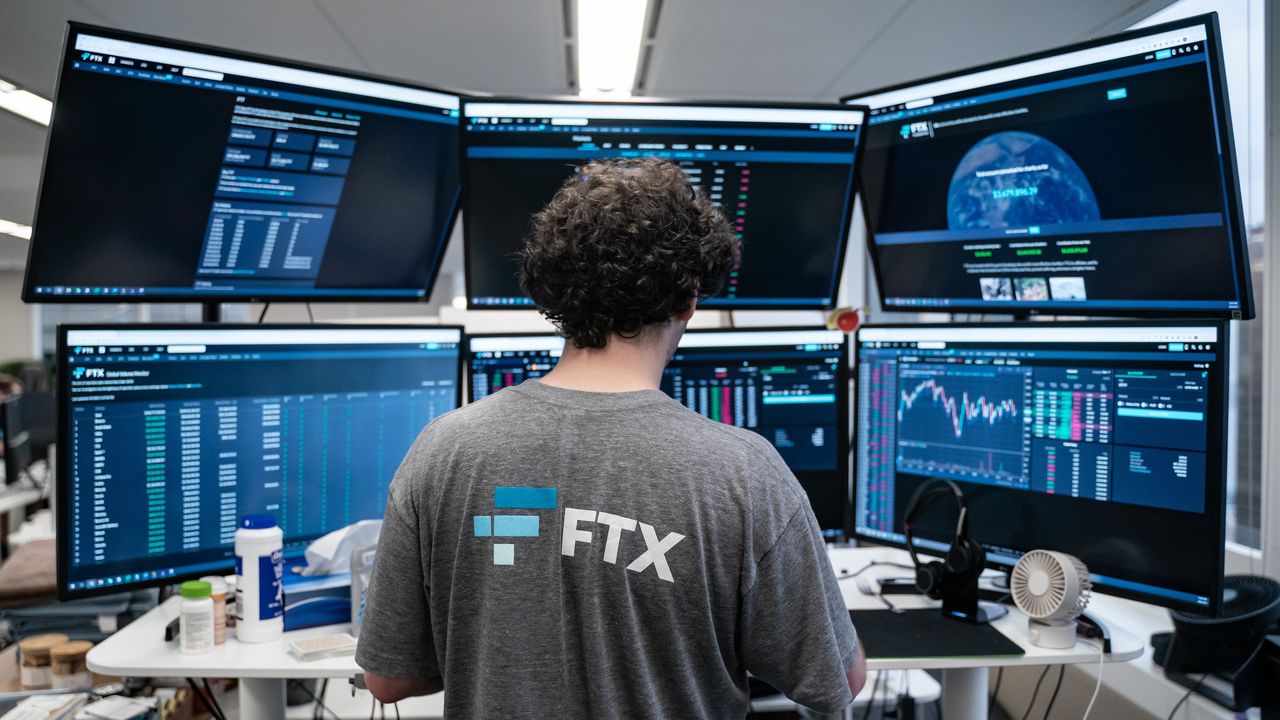
The FTX founder’s requests to be released from jail started in August, when his release on bond was revoked.
Sam Bankman-Fried, the founder of collapsed cryptocurrency exchange FTX, has renewed a request for temporary release from jail during the course of his trial, according to a letter from his lawyers to the judge overseeing the case filed late Monday.
The request saga started in August, when his release on bond was revoked and he was locked up after a judge ruled he’d probably tried to tamper with witnesses. On Sept. 12, Bankman-Fried’s request to overturn that decision was denied. An appeals court rejected an attempt to overturn the ruling on Sep. 21.
In its latest ruling the court “did not foreclose a further application from the defense,” Bankman-Fried’s lawyers wrote, adding that it is “exceedingly difficult as a practical matter” to prepare for the trial. The legal team said it appreciated government efforts to provide Bankman-Fried with case materials and counsel.
Practical realities such as the government providing the defense a list of over 50 potential witnesses, thousands of pages of material and more than 1,300 exhibits, argue for a temporary release, the lawyers said. They added that they didn’t know which witnesses the government would call or in which order and so would not be able to prepare for the “next day’s witnesses and exhibits in the hours when we are not sitting in the courtroom.”
The renewed attempt asks for Bankman-Fried to be released on Oct. 2, the day before his trial, and comes with five conditions he is willing to adhere to.
When not in the courtroom, he must be with his attorneys at his attorneys’ offices or offsite workspace, or with a security guard in a temporary residence in New York City. He will be able to leave the courthouse with his attorneys and travel with them to their workplace to prepare for trial.
Bankman-Fried will consent to a gag order prohibiting him from speaking to anyone but his attorneys, parents and brother during the course of the trial.
He will also be accompanied by a private security guard starting at 10 p.m. to ensure he does not have access to any computers, cell phones, the Internet, television, or any electronic devices. Defense lawyers and prosecutors previously argued over Bankman-Fried’s access to a laptop computer.
“We are willing to accept any others (conditions) the Court deems necessary,” the lawyers said in the letter.
Related
Source: Vietnam Insider
